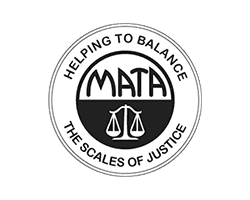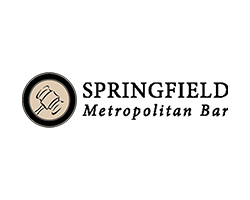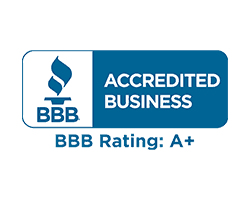This guide addresses what to do if you’ve been in a minor injury car accident. Please be aware that this is not a one-size fits all guide.
Minor Injury Crashes
A study by the Association for Safe International Road Travel (ASIRT) estimates that each year, 20 to 50 million people are injured in car wrecks. This is a staggering number of injuries. Odds are, you’ll be in a car wreck at least once in your life. Accidents involving minor injuries usually involve minor to moderate damage to the vehicle. The impact causes a significant jolt to the inside passengers and items in the vehicle. However, the impact can appear minimal from the outside witness. A crash at .85mph is strong enough to cause back and neck injuries!
Minor injuries include back and neck injuries from whiplash, bruising and abrasions, internal injuries to joints, or even mild concussions.
Here’s what to do in a minor injury car crash.
1. Safety Assessment. Once your vehicle stops moving, take an immediate safety check. Are you okay? Are your passengers okay? Are there other vehicles that are still moving? Did the airbags go off? If there are major injuries that need immediate attention, call 911.
2. Damage Assessment. Is your car driveable? If so, pull over to the shoulder. Try to have enough room to get out and check the scene. Check to make sure it’s safe to get out and there are still no other hazards.
3. Investigate. Grab your phone and document everything. (For Investigation tips, check this article on Tips for Taking Car Accident Scene Photos.) Check with other drivers. If nobody is immediately injured, you should start by offering to exchange insurance information with the other driver.
(Tip: Offering to “exchange” insurance makes the other driver less threatened, which causes them to be more likely to give out their info.)
Next, look for damage to the vehicles. Minor damage may be difficult to identify. Take as many pictures as you can. (It’s easy to delete pictures, and impossible to replicate the scene later.) Be sure to take a picture of the crash scene. If the scene is busy, stay off the road.
4. Get a Crash Report. No matter the amount of damage, always get a crash report. Usually, you will call the police to make a report. If you’ve called 911, they will automatically send police and will begin the crash investigation for you. Usually, in minor injury accidents, there is some amount of damage visible (even if it’s hard to find). This needs to be documented by a crash report so you can have documentation backing you up.
5. Get Checked Out. When 911 is called for a car crash an ambulance is almost always dispatched to the scene. They will arrive on the scene to provide any assistance to those who were in the crash. It’s important you agree to be checked out by the EMT’s when they’re there. Even a small impact will cause your adrenaline system to kick in. This is a natural response your body has when confronted with a fight-or-flight situation. (Here’s an interesting article about the science behind the adrenaline system in a car crash.)
Don’t let your body’s natural reaction to the crash cause you to ignore possible injuries. It will be helpful to have an EMT do a quick assessment to see if you’re okay. It’s also important to take a self-assessment 2-3 days after the crash. There are countless symptoms that can arise several days after a car crash. This usually comes about because there was trauma during the crash and the body is trying to heal itself.
This article explains seven common delayed injury symptoms. Don’t ignore these symptoms. They’re warning signs that something is wrong in your body. When you feel these symptoms you need to follow up with a doctor as soon as possible.
6. Contact an Attorney. When you’re in a crash and you know there is some injury you have suffered, you need an auto accident lawyer to help assert your rights. Yes, you can contact the insurance company on your own; Yes the insurance company will offer you money to settle your claim, but NO it will not be for the full fair value of your expenses and injury.All good injury attorneys give free consultations and require no payment from you before your claim is settled.
Schedule a time to talk with the attorney to see if you have an injury claim. Many good law firms have in-house nurse consultants who will help you understand your injuries and will give suggestions on the type of treatment to seek.
7. Settle the Claim. When working with an attorney, this process is easy. They will work with you when reaching an amount that fairly compensates you for the costs and lasting injuries related to the car wreck. Also, experienced attorneys can let you know how much the settlement will put in your pocket.
The settlement process can be a frustratingly slow process. It’s best to be patient in these situations. It’s important to remember that settlement checks must wait to be cleared by the bank too, which can take two weeks. Also, the settlement process is where attorneys can maximize the amount you receive by negotiating with medical providers to reduce the amount that you must repay. Many people are unaware of this process and in cases involving less than $25,000 good negotiating can get you thousands more in your own pocket.
This is just a brief overview of the minor-injury car crash settlement process. This guide assumes you have only minor injuries, no lost work, have minor medical bills, and no other significant expenses. Again, while the insurance company will likely offer you some money to settle everything, the best way to protect yourself is to contact an attorney who looks out for YOU. Have questions? Contact your local auto accident attorney today.












